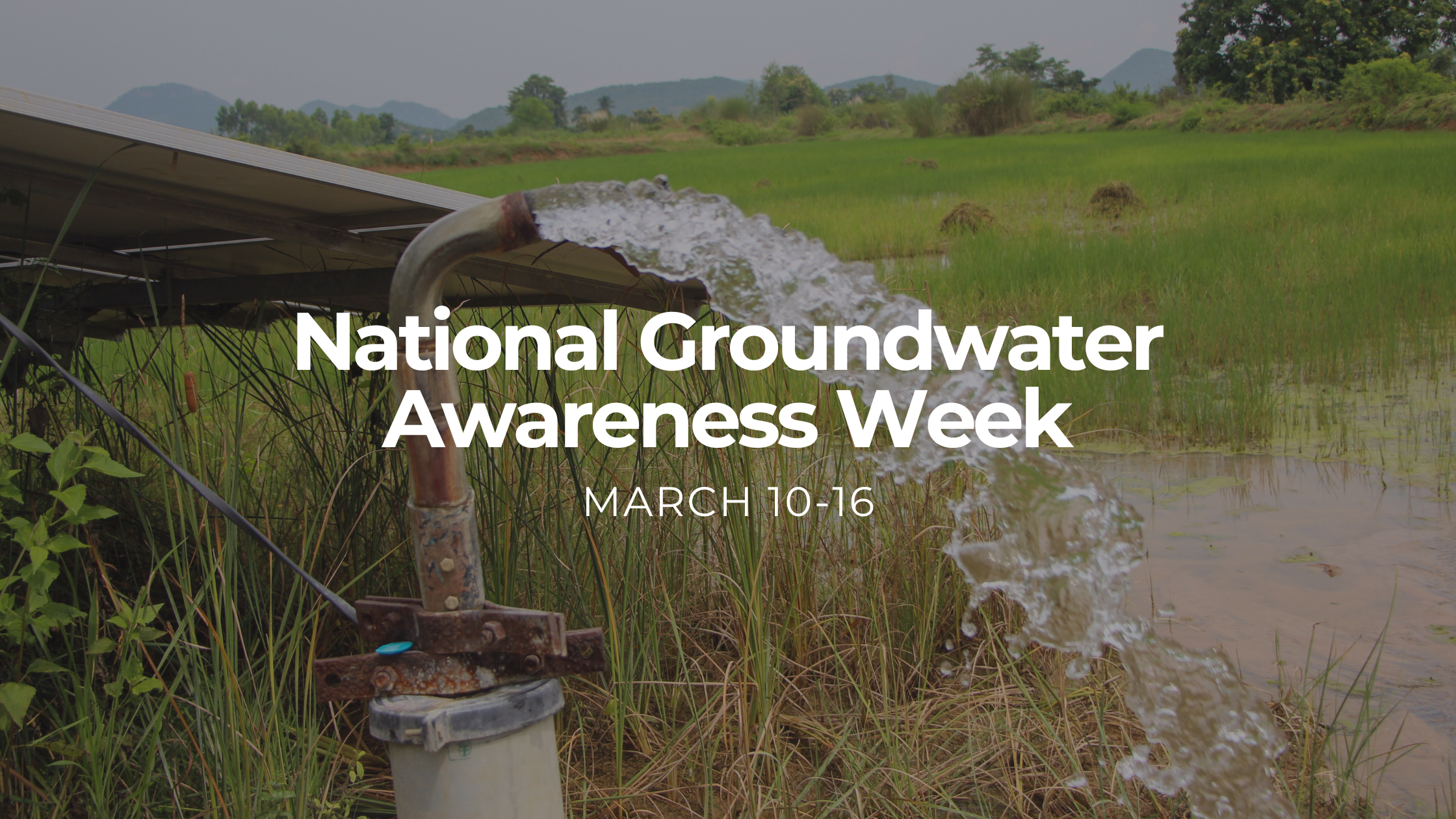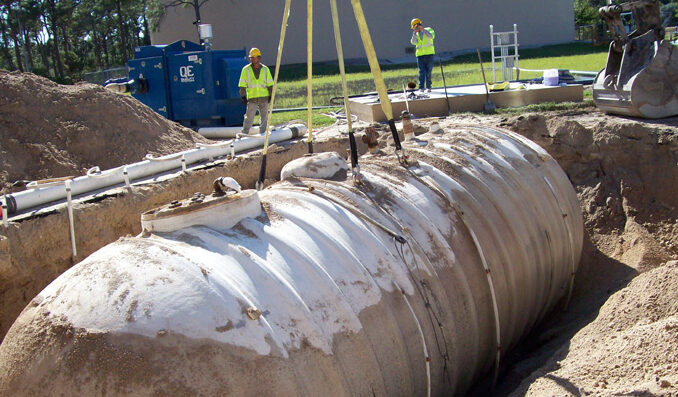Here’s Why UST Removal Is the Key to Closing Deal
If you’re thinking about selling your property and happen to have an underground storage tank (UST) on it, you might Read More »
If you’re thinking about selling your property and happen to have an underground storage tank (UST) on it, you might Read More »
August is here, and with it comes Water Quality Month—a perfect time to learn more about the importance of keeping Read More »
We hope you’re gearing up for a fantastic Independence Day filled with fun, family, and fireworks. As we join Read More »
Hey there! Ever wondered about the ins and outs of the Texas Commission on Environmental Quality (TCEQ) Leaking Petroleum Read More »
If you landed here, you are probably doing some research and trying to figure out what your Phase 1 Environmental Read More »

As National Groundwater Awareness Week comes to an end, it’s an opportune moment to delve into the depths below our Read More »

In the realm of environmental due diligence, Phase 1 Environmental Site Assessments (ESAs) stand as the bedrock for identifying potential Read More »

In this article, we’re diving into Risk Based Corrective Action (RBCA) and its application in the context of LPST (Leaking Read More »

As we bring in the holiday season, we at CRG Texas extend our warmest wishes to you and your loved Read More »

In the realm of environmental regulations, Aboveground Storage Tanks (AST) and Underground Storage Tanks (UST) compliance are paramount concerns for Read More »